Munich: Where Bavarian Magic Meets Modern Sophistication
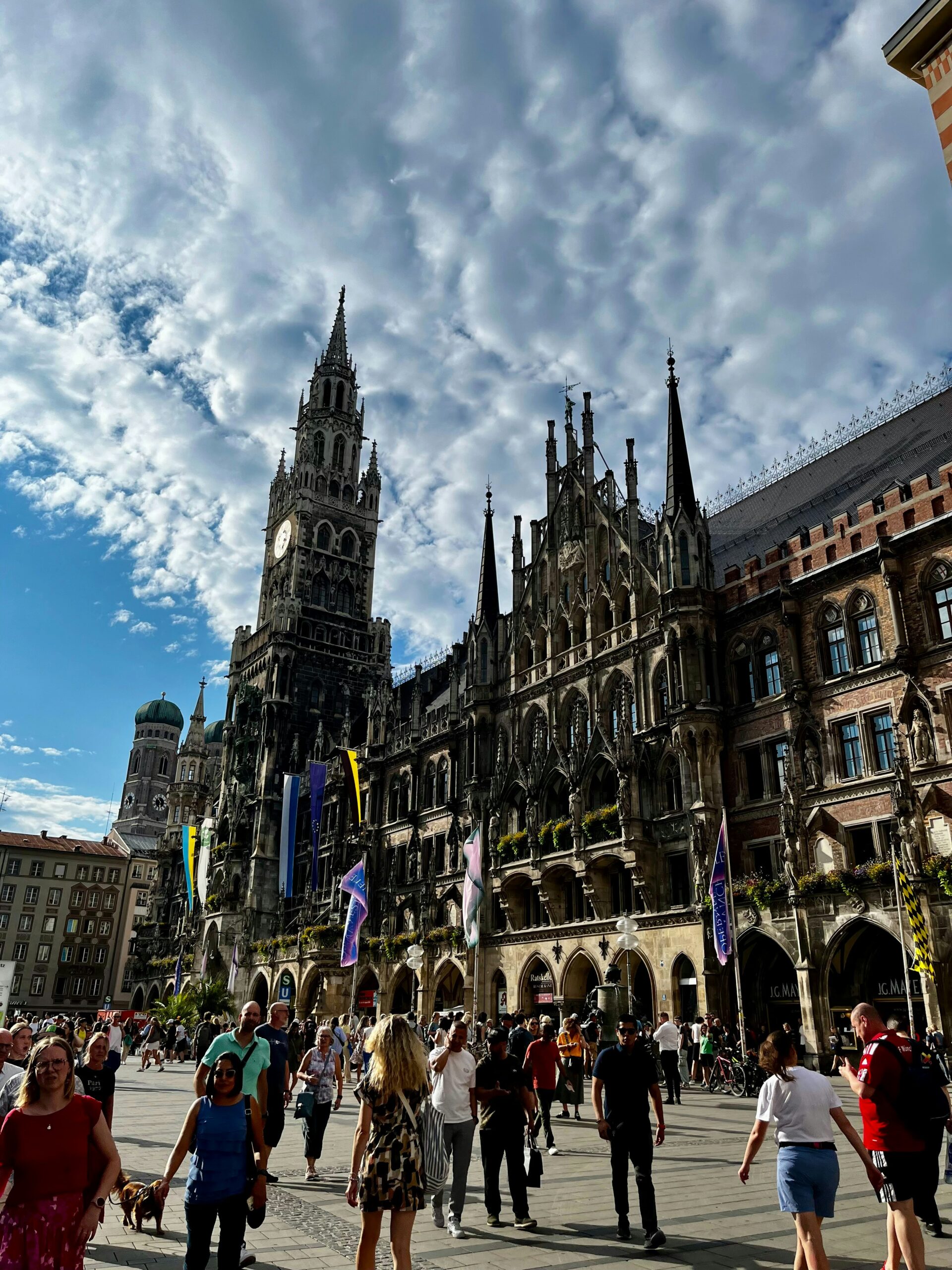
Munich effortlessly weaves together quaint Old World charm with first-class civilization, creating a tapestry that captures hearts and never lets go. Whether you're planning your first visit or returning to rediscover its magic, this comprehensive guide will take you on a journey from booking your flight to savoring your last Bavarian beer. We'll explore the perfect times to visit, navigate the practical essentials, dive deep into must-see attractions, and uncover the culinary treasures that make Munich a destination unlike any other.
Nestled beside the serene Isar River with the majestic Alps standing sentinel in the distance, Munich serves as Bavaria's beating heart – an economic powerhouse, transportation hub, and cultural epicenter that has maintained its soul despite centuries of change. This is where fairy tale castles meet cutting-edge museums, where ancient traditions dance with modern innovation, and where every visitor becomes part of a story that's been unfolding for over eight centuries.
Planning Your Trip: When Munich Reveals Its Best Self
Munich is like a masterful performer who never has an off-season, yet each act brings its own unique magic. Understanding when to visit can transform your experience from memorable to absolutely unforgettable.
| Season | Weather | Highlights | Considerations |
|---|---|---|---|
| Summer (June-August) | Warm, pleasant | Beer gardens, long evenings, Isar River activities | Peak crowds, higher prices |
| Autumn (September-November) | Crisp, photogenic | Oktoberfest, colorful foliage, romantic atmosphere | Variable weather |
| Winter (December-February) | Cold, -6°C possible | Christmas markets, Glühwein, fewer tourists | Bundle up required |
| Spring (March-May) | Mild, renewal | Pleasant weather, moderate crowds | Perfect balance |
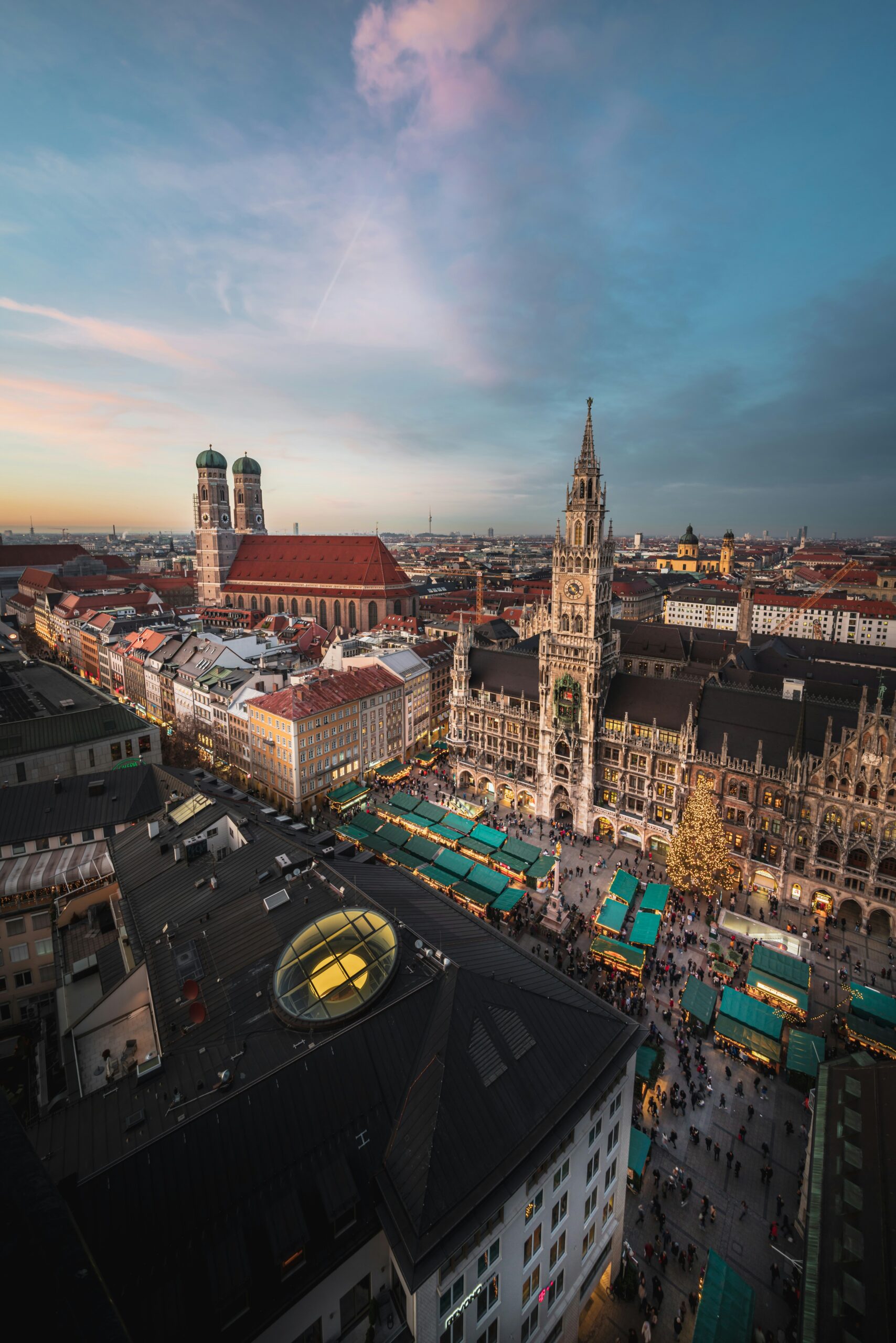
Summer (June-August) arrives like a warm embrace, bringing with it the most glorious weather Bavaria has to offer. The city awakens from its winter slumber with an energy that's almost palpable – outdoor beer gardens overflow with laughter, the Isar River sparkles under endless blue skies, and every corner seems to invite exploration. However, this beauty comes with company; summer marks peak tourist season, so expect bustling crowds and higher prices. The trade-off? Long, golden evenings that stretch until nearly 10 PM, perfect for those magical moments when Munich feels like it belongs in a storybook.
Autumn (September-November) might just be Munich's most photogenic season. Picture this: the English Garden draped in a tapestry of gold and amber, the Isar River reflecting autumn's palette like a living painting, and a crispness in the air that makes every breath feel refreshing. There's something deeply romantic about Munich in autumn – perhaps it's the way the morning mist clings to the church spires, or how the warm glow from cozy restaurants seems more inviting as evenings grow longer.
Winter (December-February) transforms Munich into a wonderland that would make the Brothers Grimm weep with joy. Yes, temperatures can plummet to -6°C, and yes, you'll need to bundle up like a Bavarian snowman, but the magic is worth every shiver. The famous Munich Christmas market turns the city into a living advent calendar, complete with the aroma of Glühwein (mulled wine) and the twinkle of thousands of lights reflecting off snow-dusted Gothic architecture. Plus, with fewer tourists and lower prices, winter offers an intimate glimpse into local Munich life.
Spring (March-May) brings renewal in the most spectacular way. Munich emerges from winter like a butterfly from its cocoon – suddenly, café terraces reappear, flower boxes bloom on windowsills, and there's an unmistakable bounce in everyone's step. It's the perfect time for those who want pleasant weather without summer's crowds.
Oktoberfest: The World's Greatest Party
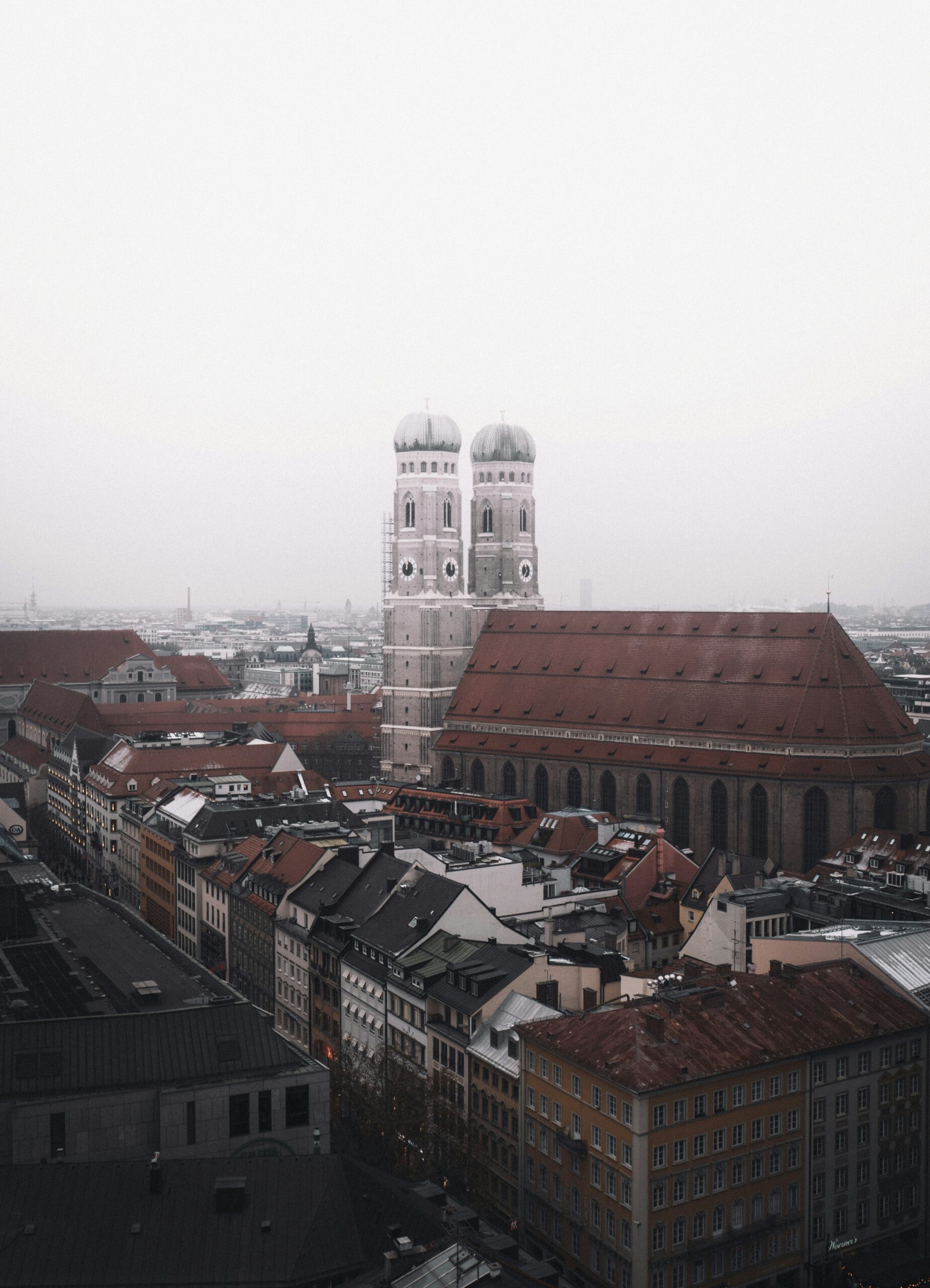
Here's where many visitors get confused – despite its name, Oktoberfest actually begins in September! The festivities kick off on the second-to-last Saturday in September and conclude on the first Sunday in October, a timing quirk that has confused travelers for generations.
If Oktoberfest is on your Munich bucket list, preparation is everything. Millions of visitors descend on the city, transforming it into a global celebration that's part cultural festival, part beer olympics. Hotels book up faster than you can say "Prost!" so reserve your accommodation as early as possible – ideally six months in advance.
The legendary beer tents are a world unto themselves, often reaching capacity before noon. Here's an insider tip: groups of eight or more can make reservations, but solo travelers and smaller groups should aim for weekdays and arrive early. The weekend crowds can be overwhelming, but weekday festivities offer a more authentic, relaxed experience.
At 18, you're old enough to join the festivities, and you'll be drinking beer that adheres to the sacred Reinheitsgebot – Bavaria's beer purity law requiring a minimum 13.5% Stammwürze and brewing within Munich's city limits. Expect to pay €8-10 for a liter of liquid gold, €6-7 for soda, and €6 for water.
Don't miss the Costume and Riflemen's Parade on opening weekend – it's a spectacular display of Bavarian tradition featuring traditional dress, marching bands, and horse-drawn brewery wagons. The entire celebration takes place at Theresienwiese (also known as Festwiese), a massive fairground that begins its transformation in June.
Getting to Munich: Your Journey Begins
Find the Best Flight Deals to Munich
Munich Franz-Josef Strauss Airport (MUC) serves as your gateway to Bavarian adventures. As Munich's largest airport, MUC welcomes travelers from around the globe with efficiency and surprising charm.
Flight Routes That Connect the World to Munich
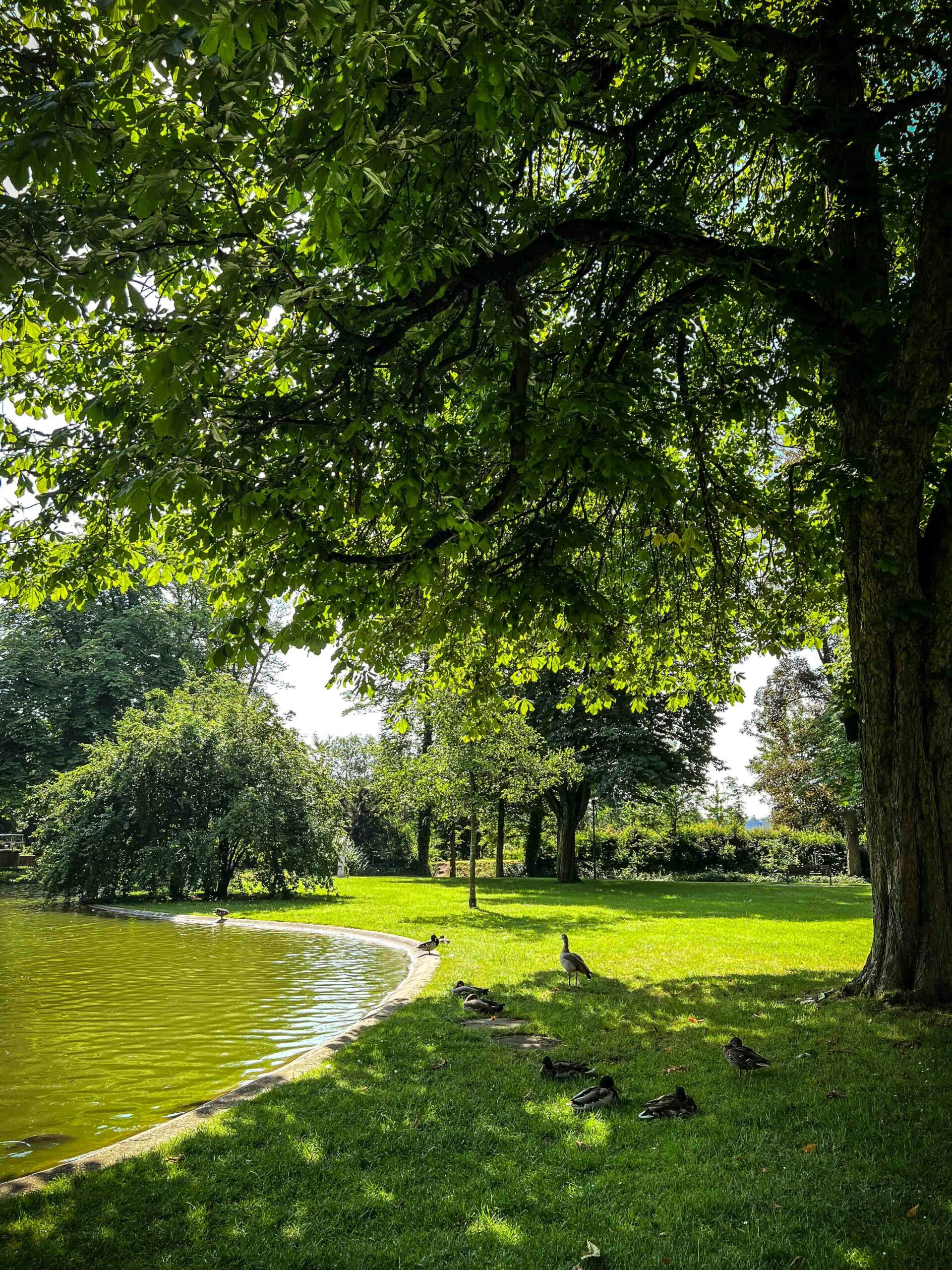
From the UAE, Air Arabia has made Munich more accessible than ever, offering daily flights to Munich from Sharjah starting December 15th. Their Airbus A320 aircraft promise comfort without breaking the bank – perfect for travelers seeking that sweet spot between affordability and comfort.
American travelers have numerous options when searching for flights to Munich. Lufthansa consistently earns praise for superior comfort, while Air Canada's 777-300 from Toronto features surprisingly spacious economy seats with generous legroom. United's Economy Plus on their 777 from Dulles offers excellent bulkhead seating for those who appreciate extra space. Delta, Austrian Airlines, Swiss, KLM, Air France, and British Airways all offer competitive routes, giving you plenty of options to find the perfect flight.
South African travelers departing from Johannesburg can choose from popular carriers like Emirates, Qatar Airways, and Lufthansa, though budget-conscious travelers might find better deals with Etihad Airways, Condor, or Air France. The average flight duration of 14 hours and 42 minutes gives you plenty of time to build anticipation for your Bavarian adventure.
Booking Your Munich Flight: Insider Secrets
Here's a travel hack that could save you hundreds: book your flights to Munich exactly 65 days before departure. This sweet spot typically offers the best balance between availability and pricing, while avoiding the price spikes that occur within two weeks of departure.
Wednesday evenings consistently offer the cheapest fares, while Saturday evenings command premium prices. Google Flights, Skyscanner, Kayak, and Cheapflights become your best friends when hunting for deals – compare across all platforms to ensure you're getting the best value for your Munich adventure.
Munich Airport: More Than Just a Transit Hub
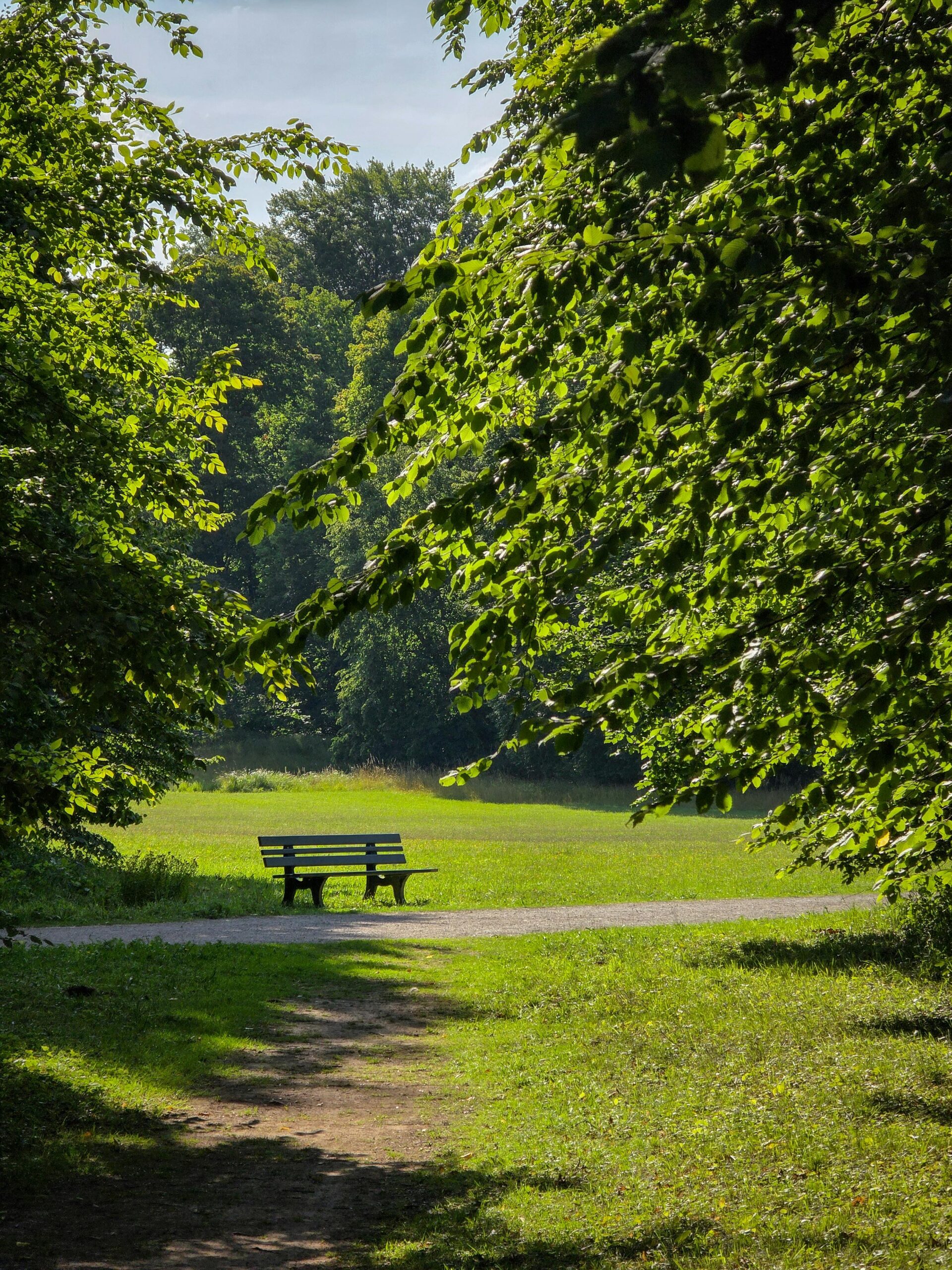
MUC isn't just an airport – it's an experience that begins your Munich journey before you even leave the terminal. The airport features two spacious terminals connected by the Munich Airport Center (MAC), a shopping and dining wonderland that hosts its own Munich Christmas market in the open-air area during the holiday season.
Airbräu deserves special mention as the world's first airport brewery, located on Level 03 of MAC before security. This isn't just a novelty – it's a genuine Bavarian experience serving authentic local cuisine alongside fresh-brewed beer and nightly entertainment. If you're departing, catch the smaller Airbräu Next To Heaven in Terminal 2, Level 05, near the "H" Gates after security.
The EDEKA Grocery Store in Terminal 2 is a godsend for travelers – well-stocked with reasonable prices and open from 5:30 AM to midnight daily. Whether you need snacks for your journey or want to stock up before heading into the city, it beats typical airport convenience stores hands down.
Getting from Munich Airport to the City
The S-Bahn local light rail system offers the most efficient connection between MUC and Munich's heart, with both S1 and S8 lines running directly to central Munich train station (Hauptbahnhof) in 30-40 minutes. The multilingual ticket machines accept various payment methods, making the process seamless even for first-time visitors.
Bavaria Tickets offer exceptional value for exploring not just Munich but the entire region, including travel to and from MUC. Valid from 9 AM to 3 AM the following day, these tickets work on trains, buses, trams, and local transport, and even extend to cross-border routes to Salzburg and Reute in Austria.
Pro tip: Share group tickets with fellow travelers heading the same direction to split costs. Car rental is available at MUC for those preferring independent exploration.
Exploring Munich: A City Built for Discovery
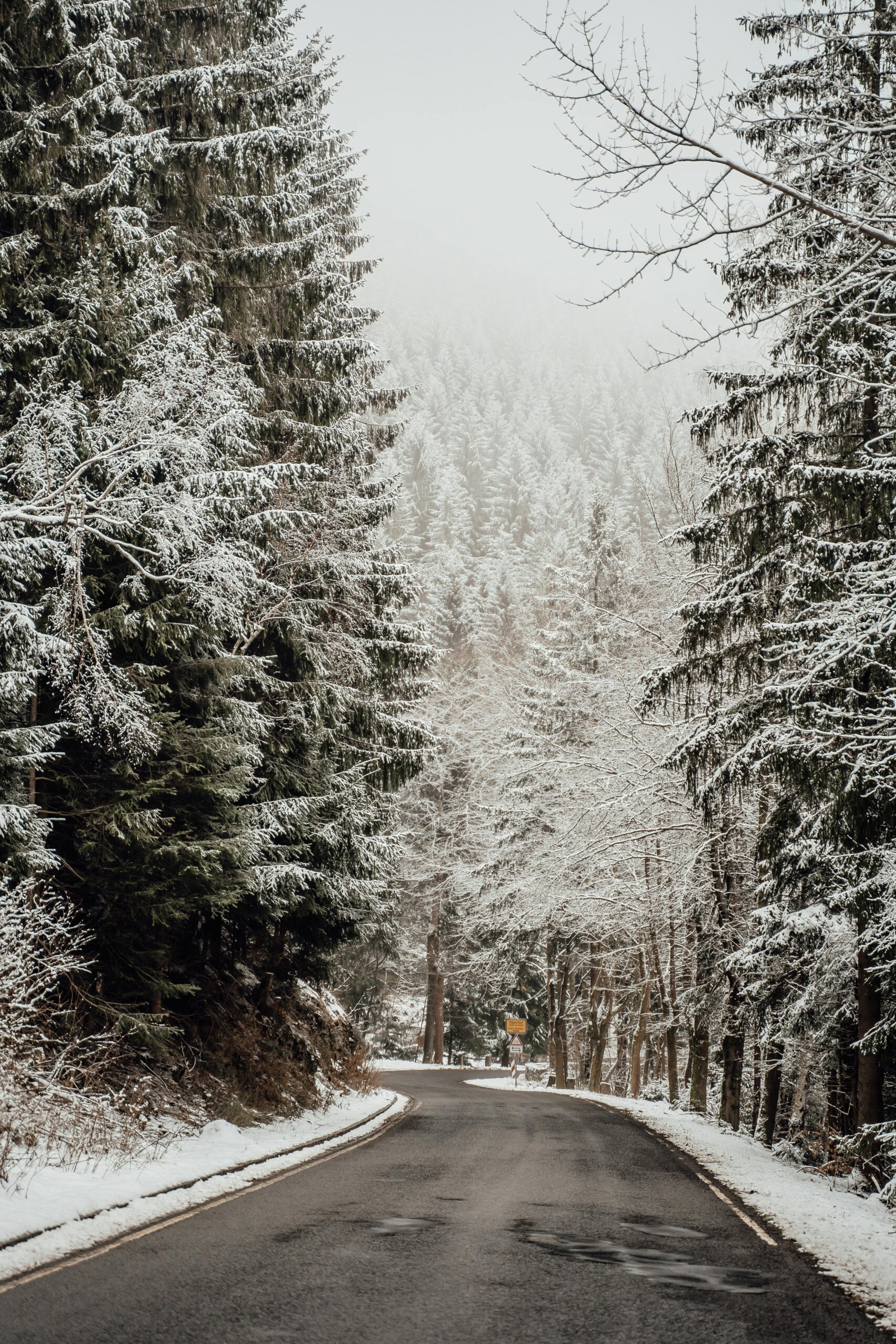
Munich's greatest gift to visitors may well be its walkability. The city center and major tourist attractions cluster together like old friends, making exploration on foot not just possible but ideal. There's something deeply satisfying about wandering Munich's streets – each corner reveals another architectural treasure, cozy café, or charming square.
The MVV public transportation system deserves recognition as one of Europe's most user-friendly systems. The comprehensive system includes S-Bahn (above-ground trains), U-Bahn (underground trains), trams, and buses, all working in harmony to connect every corner of the city. Single and all-day tickets are available at stations and on-board trams and buses, although remember to validate your ticket before boarding – those little machines on platforms aren't just decoration!
Transport fares run approximately 8-9 Euros per trip, while bike rental costs around 15 Euros per day – perfect for exploring Munich's charming backways and short distances at a leisurely pace.
A Word About Cash Matters
Despite Munich's modern veneer, cash remains king in many establishments. Even in 2024, many stores and services operate on a cash-only basis or exclusively accept European debit and credit cards. Penny grocery stores, for example, may politely decline your American credit card, leaving you empty-handed if you're unprepared. Always carry cash to avoid disappointment.
Understanding Munich's Rhythm
Munich operates on a distinctly German schedule that visitors should respect. Sundays remain sacred rest days – almost everything closes, especially grocery stores and service shops. While restaurants and cafes in main tourist areas may operate with reduced hours, don't expect your regular shopping or errands to be possible.
German holidays bring city-wide shutdowns that can catch unprepared visitors off guard. Even restaurants and mall shops often close their doors, so always check a German calendar when planning your itinerary.
Essential German Phrases: Connecting with Local Culture
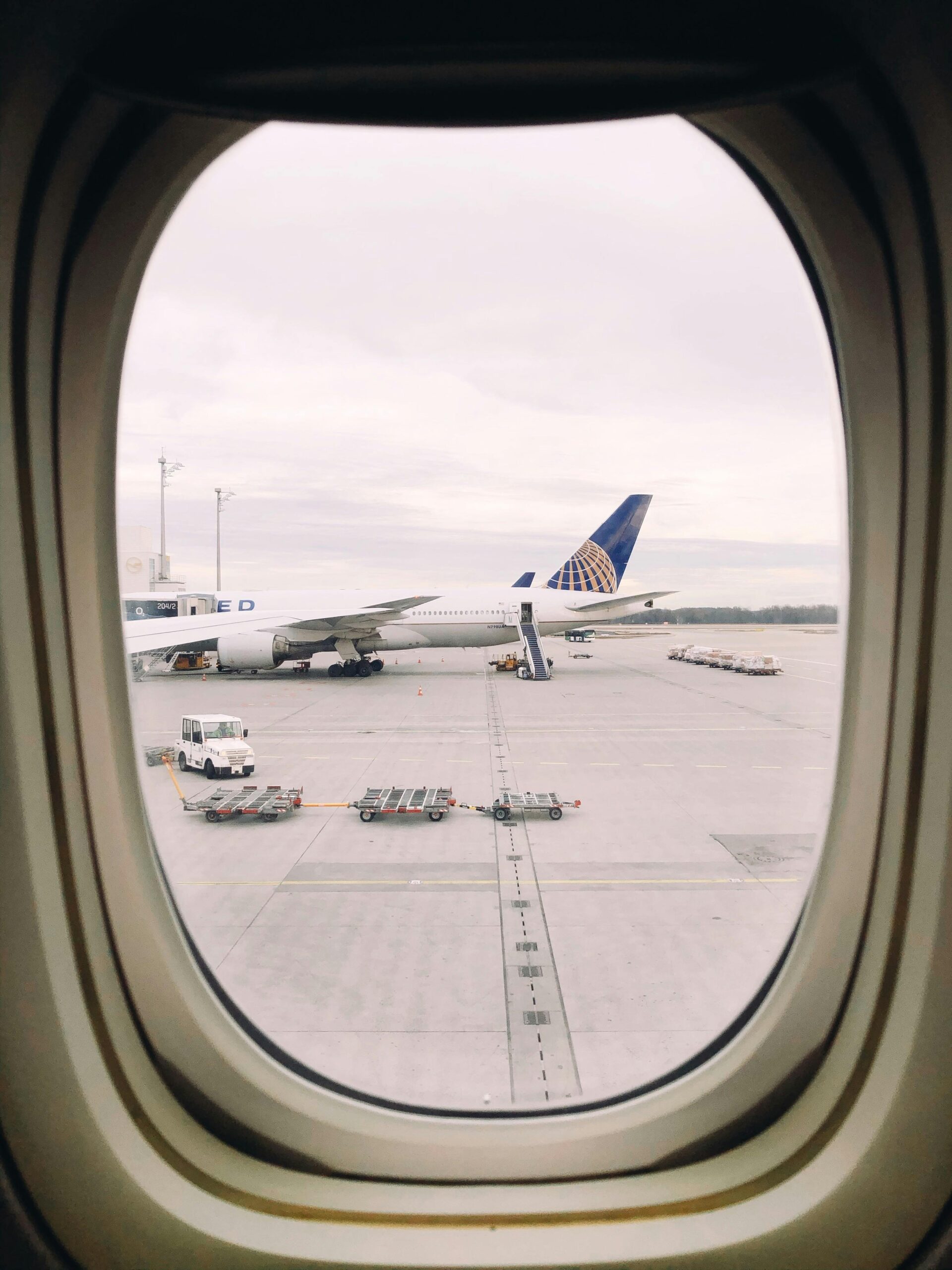
Munich's younger population speaks impressive English, but learning a few German phrases demonstrates respect for local culture and often wins grateful smiles from locals.
Essential Phrases
"Ich spreche kein deutsch" (I don't speak German) – Your get-out-of-jail-free card for complex conversations.
"Danke" (Thank you) and "Bitte" (You're welcome/Please) – The foundation of polite interaction.
"Entschuldigung" (Excuse me/Pardon me) – Essential for navigating crowds and getting attention.
"Nein" (No) and "Ja" (Yes) – Simple but effective.
Common Terms
"Herren" (Male) and "Damen" (Female) for restrooms
"München" (Munich)
"Strasse" (Street)
"Eingang" (Entrance)
"Platz" (Place/Square)
Google Translate's voice feature becomes invaluable for pronunciation – don't be shy about using technology to bridge language gaps.
Munich's Must-See Attractions: Where History Lives and Breathes
Marienplatz: The Heart That Never Stops Beating
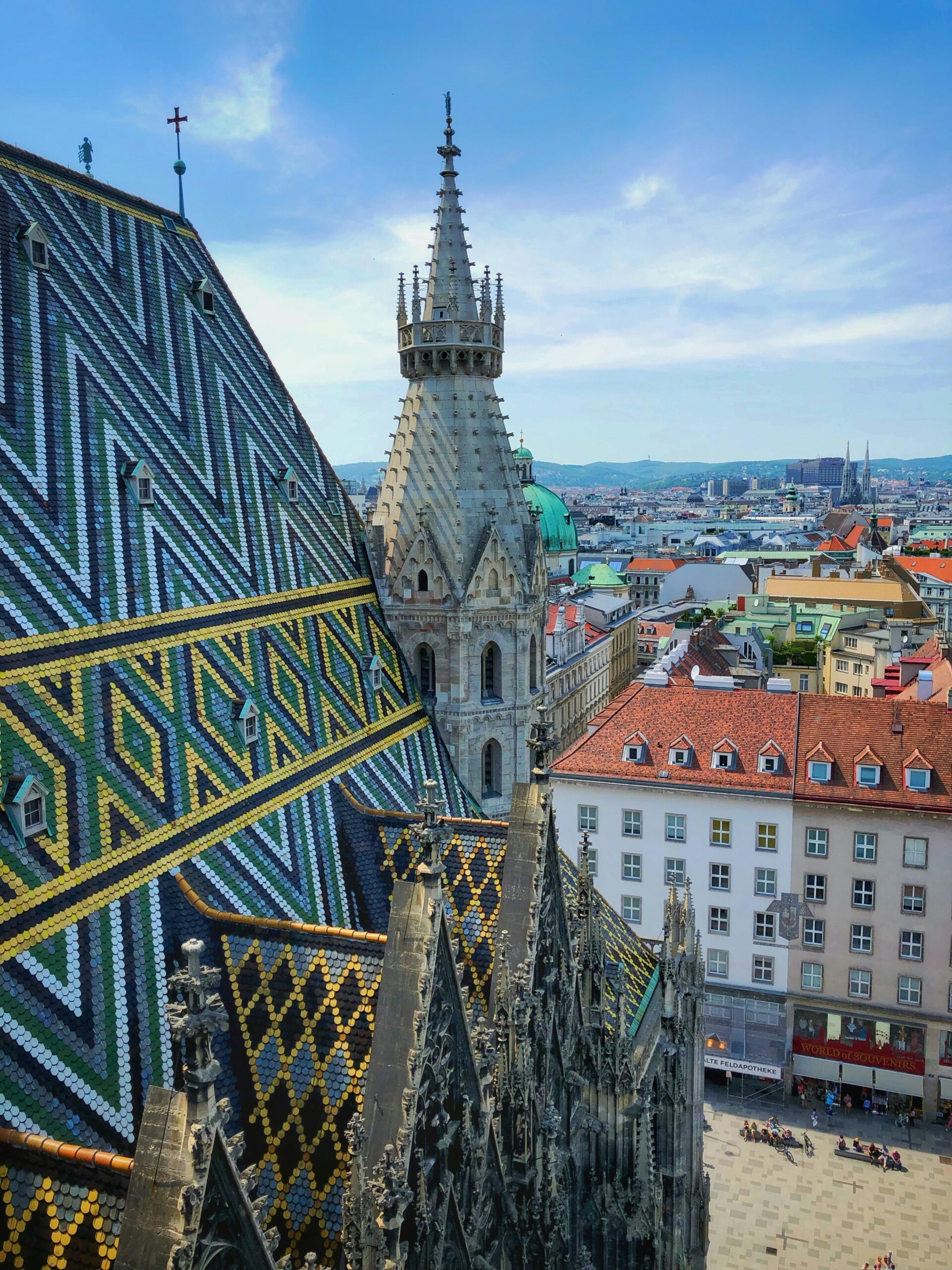
Since 1158, Marienplatz has served as Munich's central square, and stepping into this space feels like entering a living history book. The Neues Rathaus (New Town Hall) dominates the square with its Neo-Gothic grandeur, built between 1867-1909 as a testament to Munich's prosperity and ambition.
The Glockenspiel provides daily entertainment that never gets old – 43 bells and 32 figures recreating 16th-century stories at 11 AM and noon, with an additional 5 PM performance from March through October. Watching tourists crane their necks skyward while locals continue their daily routines provides its own entertainment.
For panoramic city views, ascend the 85-meter tower of the Neues Rathaus for approximately €7 – the investment rewards you with sweeping vistas that put Munich's layout into perspective. The adjacent Alte Rathaus (Old Town Hall) houses a charming toy museum in its Gothic Tower, perfect for travelers with children or anyone who appreciates whimsy.
The Mariensäule (Mary's Pillar), erected in 1638, features a golden statue of Mary watching over the square, while the Fischbrunnen (Fish Fountain) dates back to 1318, topped with a bronze fish commemorating the original fish market that once thrived here.
Churches That Touch the Soul
Frauenkirche (Church of Our Lady) stands as Munich's most important religious structure, its Gothic style and twin 100-meter towers creating an unmistakable silhouette against the Munich skyline. Local legend claims the Devil himself left his footprint here, though you'll have to visit to discover the story behind this mysterious mark.
St. Peter's Church (Peterskirche) holds the distinction as Munich's oldest parish church, its Gothic style and 91-meter bell tower offering spectacular Alpine views for those willing to climb. Inside, the Jeweled Skeleton of Saint Munditia creates an unforgettable sight that bridges the gap between sacred and macabre.
The Theatine Church and Asam Church round out Munich's ecclesiastical treasures, each offering unique architectural and spiritual experiences.
Palaces Fit for Kings (and Modern Visitors)
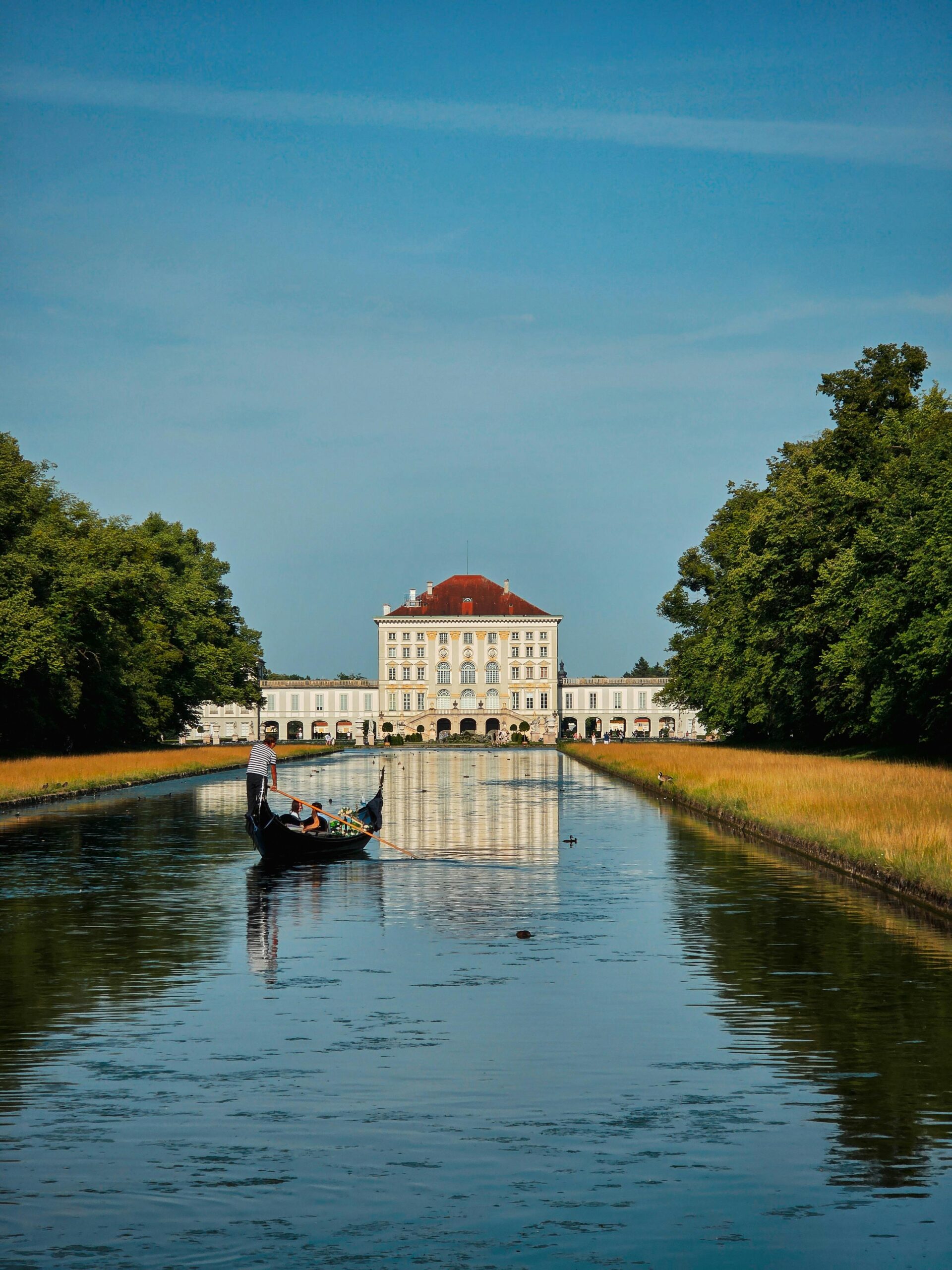
Nymphenburg Palace showcases Baroque architecture at its most stunning, serving as the former summer residence of Bavarian Kings. The palace offers gondola rides during summer months, while its expansive park provides peaceful respite from city exploration year-round.
The Residenz, Bavaria's former Royal Palace, housed the seat of government from 1508-1918 and now opens its museums to curious visitors. Herrenchiemsee Palace and Park displays King Ludwig II's architectural vision, while Hohenschwangau Castle near Fussen (a scenic 2-hour drive) showcases ancient and fanciful beauty restored by Maximillian II.
Neuschwanstein Castle, the inspiration for Disney's iconic castle design, sits majestically in the Alps just two hours from Munich. Its stunning white walls and fairy-tale spires justify the journey for anyone seeking that perfect Instagram moment backed by genuine historical significance.
Green Spaces That Rejuvenate the Spirit
Munich's English Garden (Englischer Garten) spans an enormous area filled with walking paths, jogging trails, and surprises around every corner. Watch surfers ride the man-made wave, sunbathers embrace clothing-optional areas, or families enjoy traditional beer gardens. The Japanese teahouse and man-made waterfall provide perfect picnic backdrops.
Olympiapark, site of the 1972 Olympic Games, continues serving the community with its stadium
